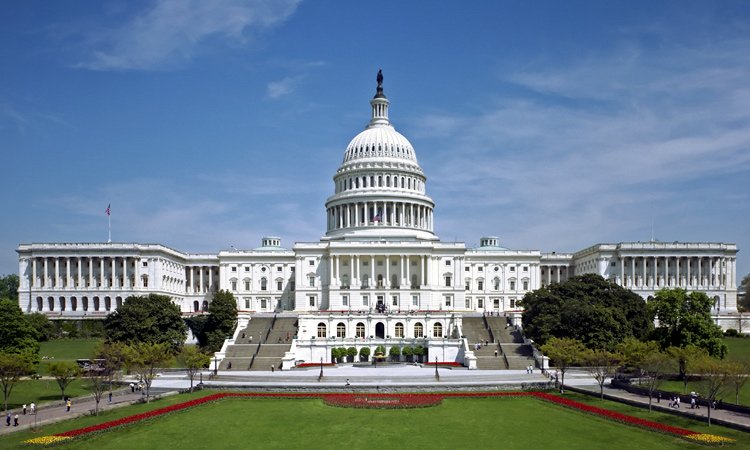Huawei’s defiance resets the game
When Huawei unveiled its Mate 60 Pro with an advanced 7nm chip—despite strict U.S. export controls—it didn’t just raise eyebrows; it set off alarms in Washington. With reports surfacing that Huawei’s Ascend chips may rival Nvidia’s performance, the U.S. response has gone beyond borders, with the Trump administration aiming to enforce restrictions on AI chips globally.
From export rules to worldwide mandates
Rather than crafting a clear replacement for Biden’s “AI Diffusion Rule,” the Bureau of Industry and Security (BIS) issued broad guidance: any use of Huawei’s AI chips anywhere in the world may trigger U.S. enforcement action. That includes imprisonment and fines for non-U.S. companies using hardware designed or produced with American tech.
A jurisdictional overreach?
This is more than a policy shift—it’s an assertion that American tech laws should govern global technology choices. Can the U.S. tell a South American AI lab or a European startup what chips they’re allowed to use? BIS seems to think so, citing U.S.-origin tools and software in Huawei’s chip production as the basis for global control.
Industry pushback is growing
Even American chipmakers are uneasy. These sweeping rules could destabilize decades of supply chain partnerships, R&D collaboration, and global tech trust. Analysts say the U.S. is forcing companies to “pick a side,” which only accelerates the formation of a fragmented tech world—something that hurts long-term innovation.
The cost of curbing competition
Ironically, efforts to suppress Chinese chips may preserve Nvidia’s dominance artificially. Huawei’s Ascend 910B reportedly reaches 80% of the A100’s performance in model training—and sometimes even beats it. Banning such alternatives doesn’t protect innovation; it may stunt it.
Restrictions may backfire
Nvidia’s own CEO, Jensen Huang, recently called Huawei “formidable” and acknowledged that China is “not behind” in AI. By isolating Chinese tech, the U.S. risks accelerating a bifurcated global AI ecosystem where countries develop around separate standards, separate chips, and separate markets.
Shrouded in secrecy, spurred by sanctions
As U.S. sanctions intensified, Huawei stopped disclosing details about its AI chip development. Even the chips named in the U.S. restrictions—910C and 910D—haven’t been officially confirmed by the company. The less transparency, the harder it becomes for regulators to even know what they’re banning.
Global trade caught in the crossfire
Analysts warn that if these extraterritorial controls are strictly enforced, China will retaliate—politically and economically. Such friction could bleed into wider trade negotiations, adding more volatility to already shaky global tech diplomacy.
Protecting interests or policing innovation?
Yes, nations have a right to safeguard national security. But when those protections become global mandates, they risk sliding into technological authoritarianism. The world deserves frameworks that ensure safety without kneecapping progress.
A smarter path forward
History shows that markets divided by sanctions often build their own alternatives. If the U.S. wants to lead in AI, it must out-innovate—not out-regulate. Sustainable leadership means investing in open standards, deepening partnerships, and trusting in the strength of democratic innovation.
The current approach may win short-term leverage, but in the long run, it could sacrifice America’s greatest asset: its central role in an interconnected, collaborative, and open global tech ecosystem.
Source: https://www.artificialintelligence-news.com/news/can-the-us-really-enforce-a-global-ai-chip-ban/






